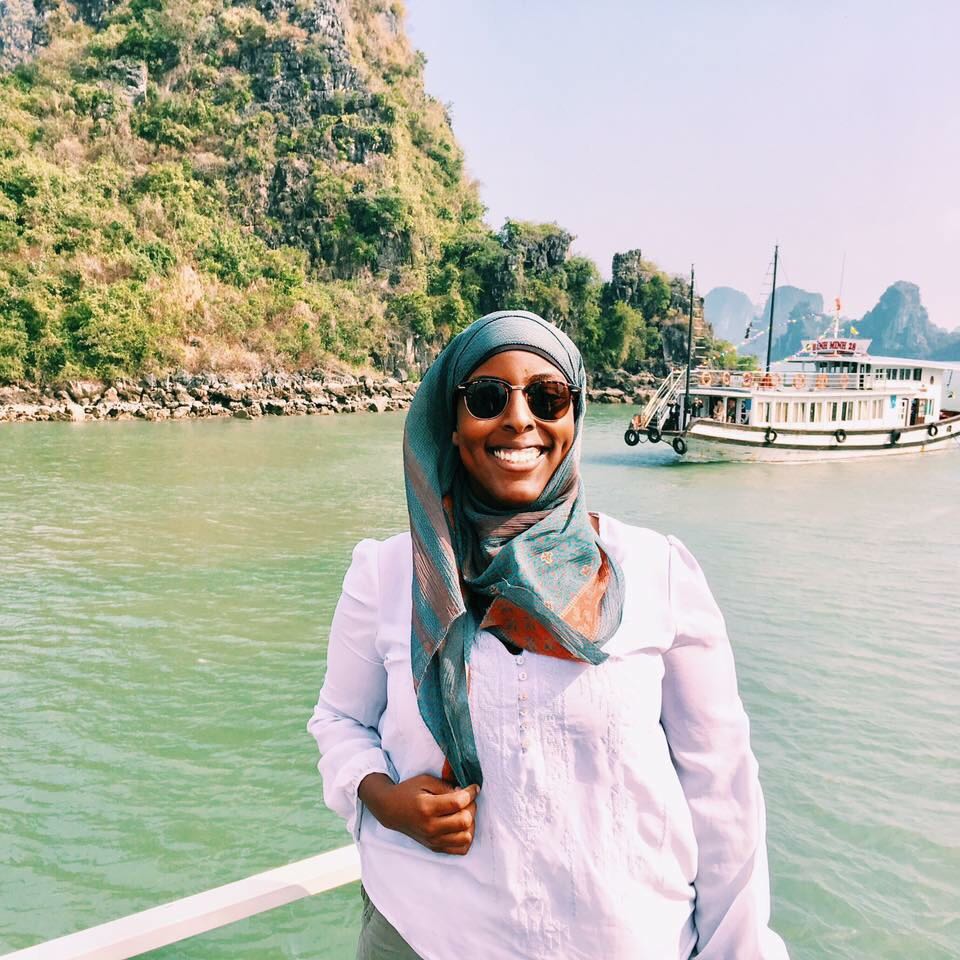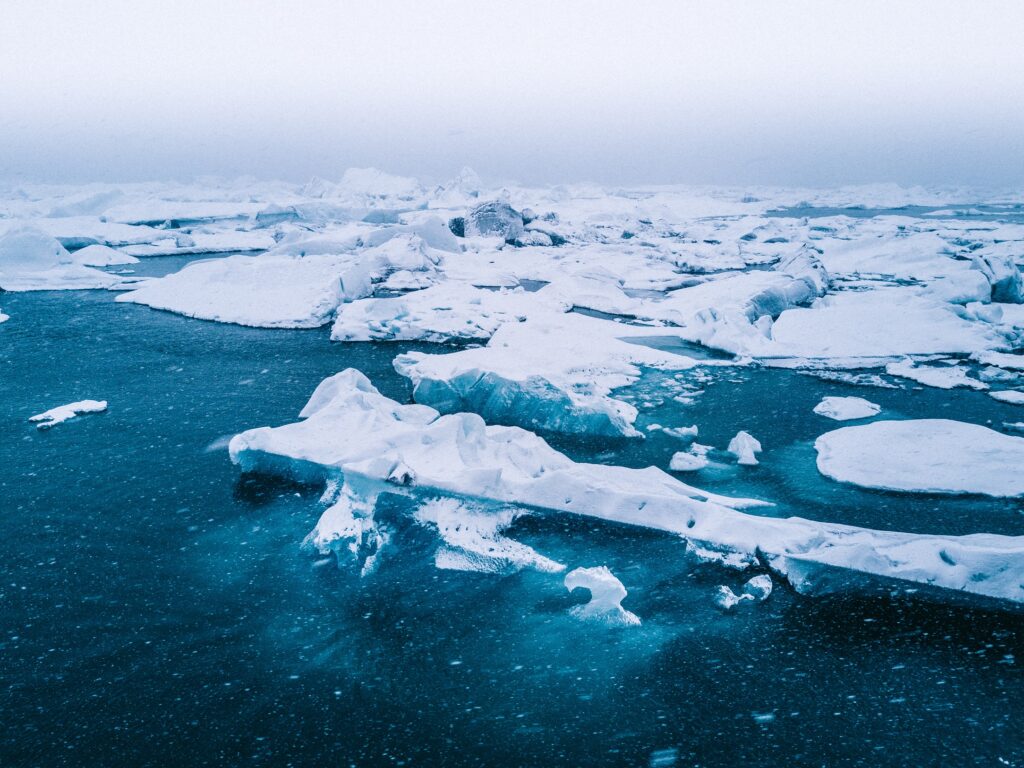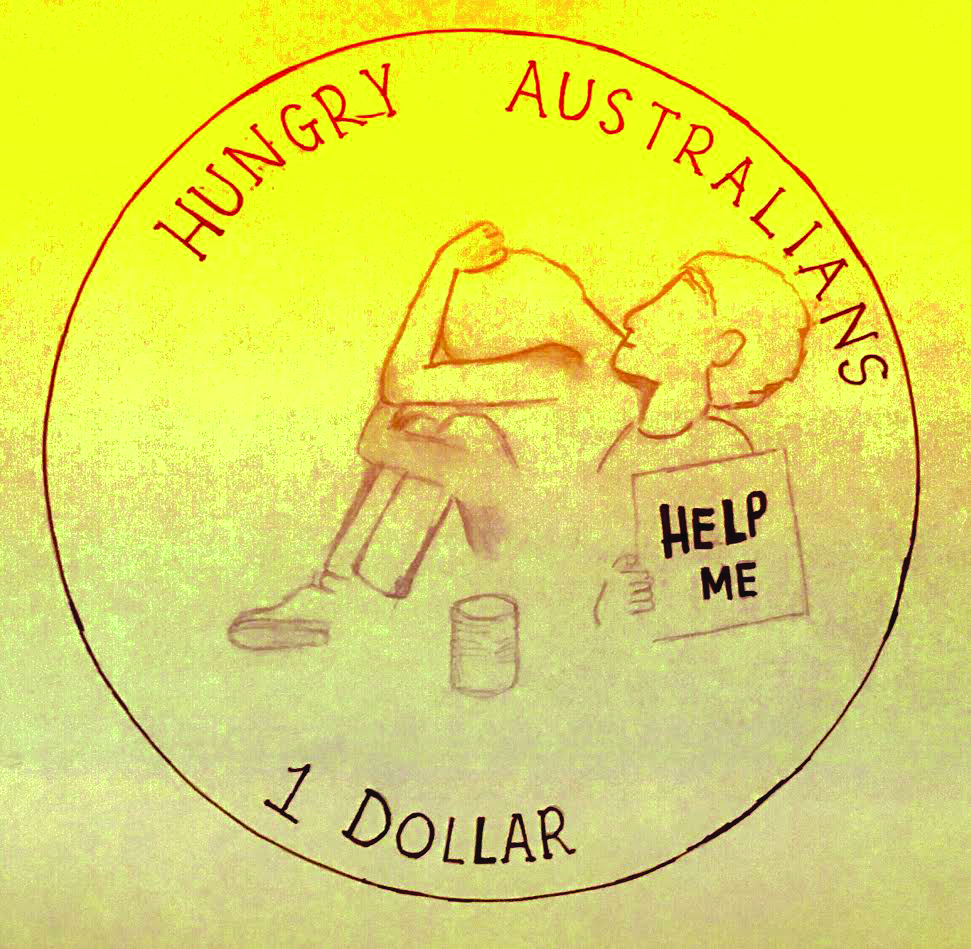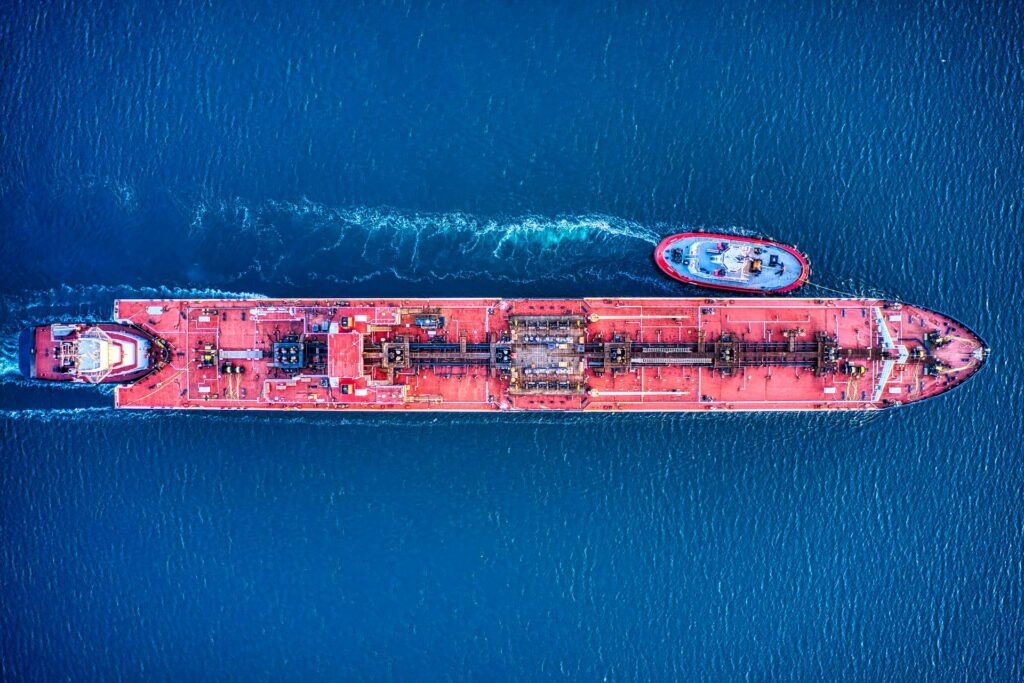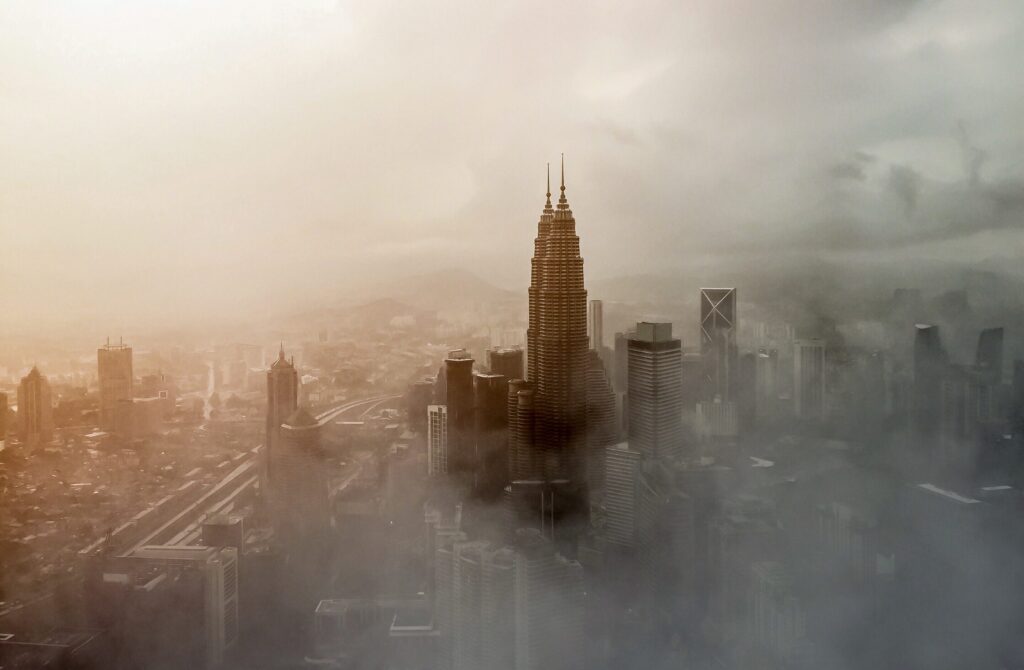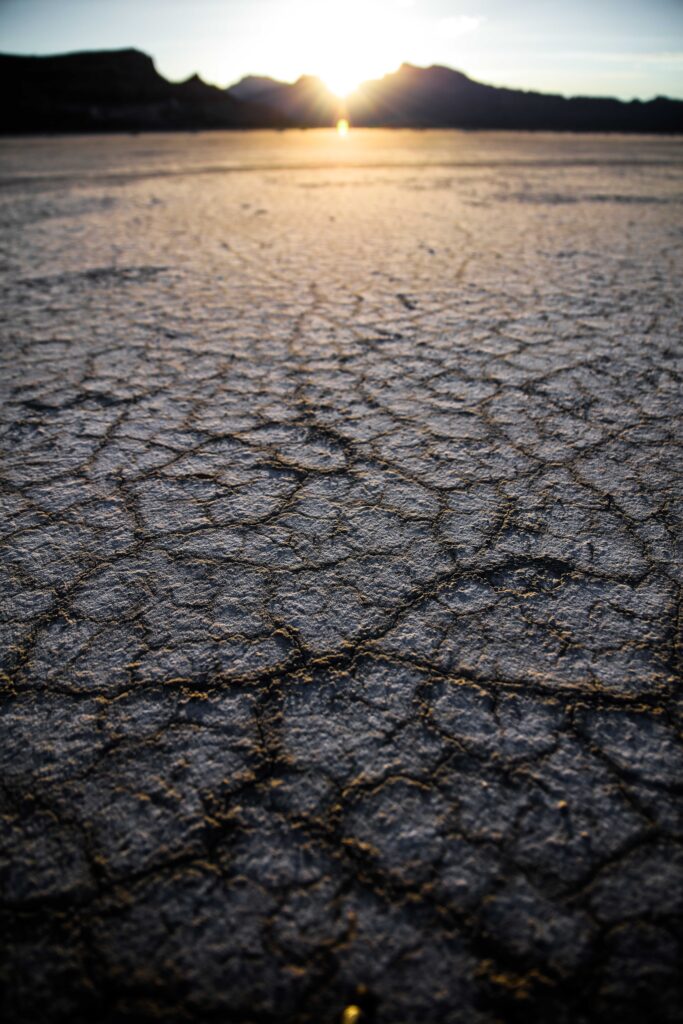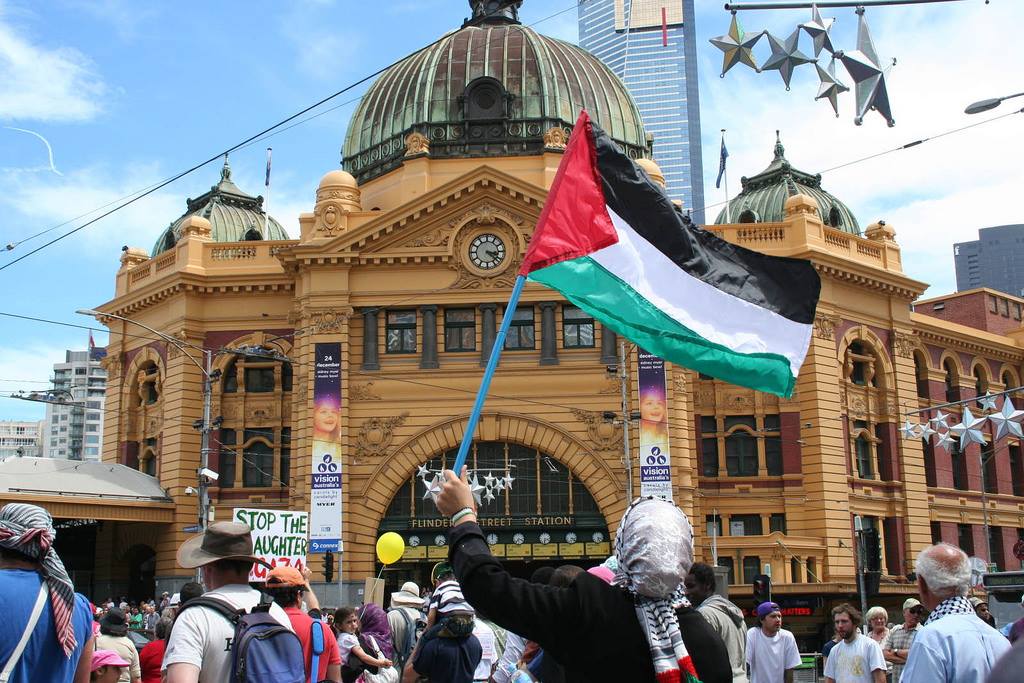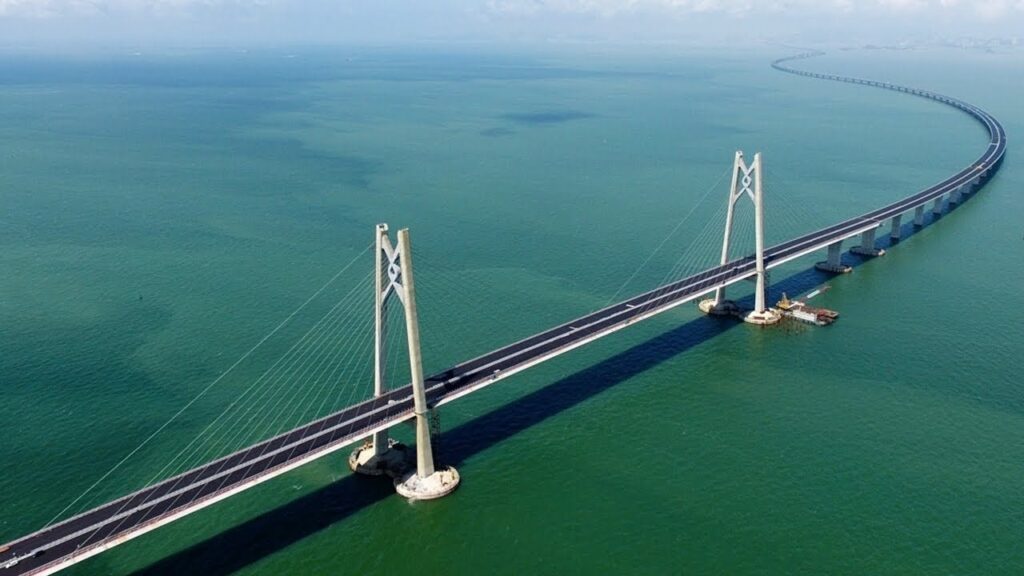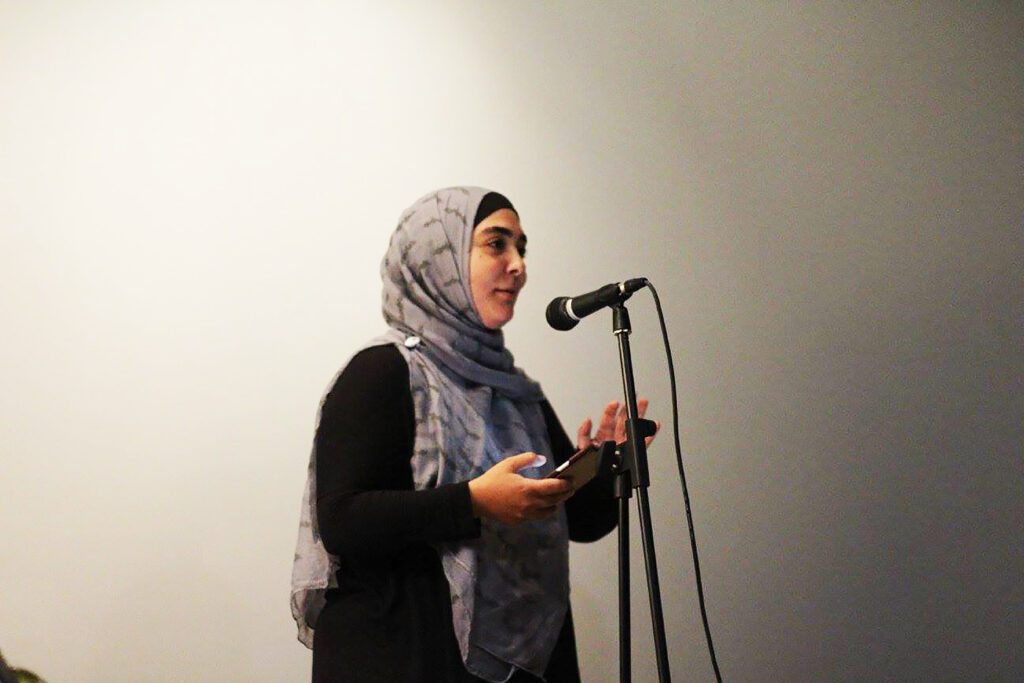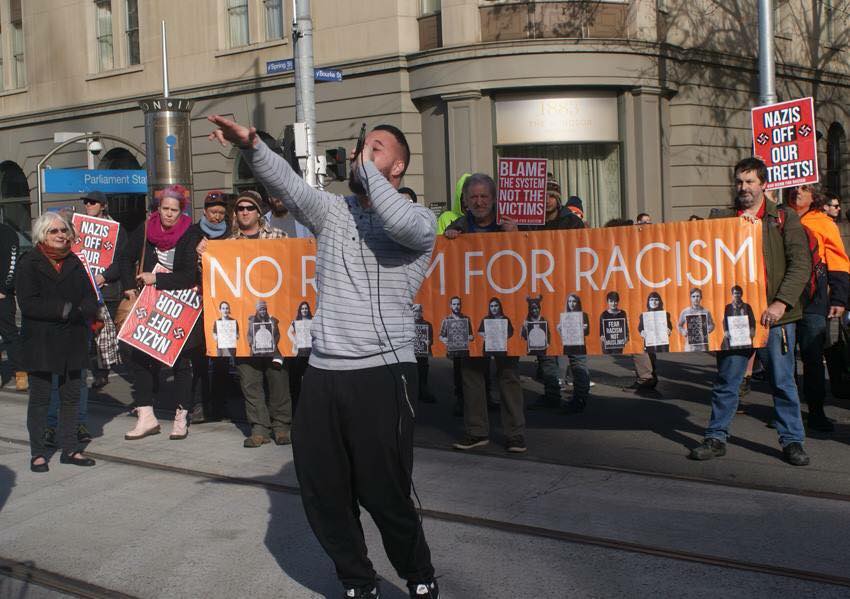Explainer: Yemen’s Coast – What Happens If The Ocean Is Caught Alight
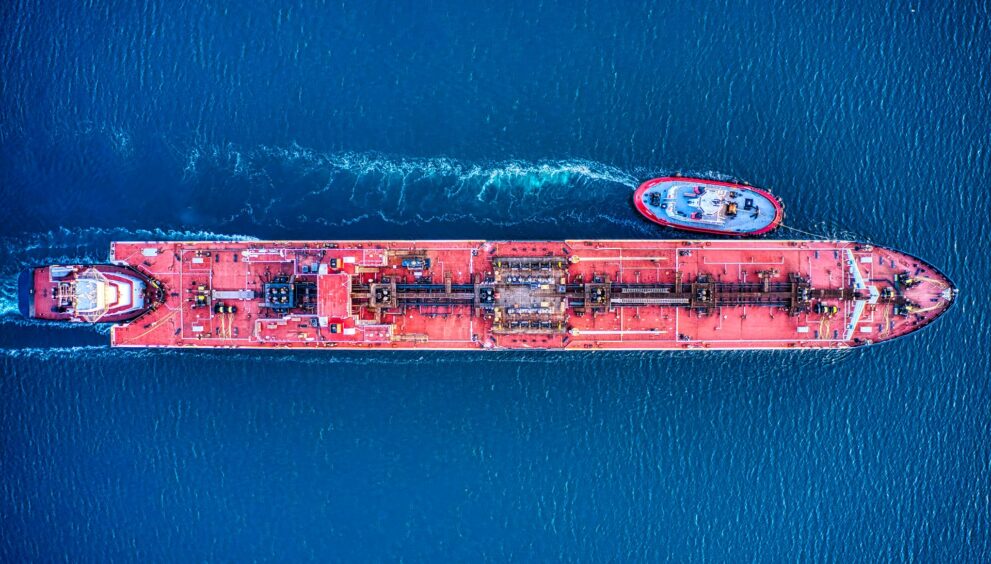
Decaying oil tanker on Yemen’s coast threatens disaster
Years of civil war have torn Yemen apart. Fighting has divided its fractured cities, decimated its economy, and triggered a humanitarian catastrophe as the opposition faction (also known as Houthi rebels) war against the Saudi-backed government for control of the country. Now, amidst the chaos, anchored off the coast of Yemen, is an environmental disaster that could exacerbate the crisis even further.
For five years the oil tanker Floating Storage and Offloading (FSO) SAFER has laid idle, rusting on the Red Sea. If left there, it could cause ecological ruin. The United Nations has described the tanker as a “ticking time bomb.” So, how did this blunder occur and what can be done to stop an impending calamity?
An environmental blight:
Authorities are concerned that the abandoned oil storage tanker could begin to emit flammable gases from its storage which has the potential to explode and cause one of the world’s worst environmental mishaps. Corroding in the southern Red Sea, the FSO SAFER is a giant ageing tanker and production facility that holds more than 1.1 million barrels of oil. The 45-year-old ship that was converted to a storage facility, has so far, had almost no maintenance and contains an enormous 34 internal tanks on board. Furthermore, there are also hazard concerns for the equipment which is said to be falling apart; leaving the facility in greater jeopardy. If the tanker is left to its own devices, crude oil is anticipated to leak and mix freely with seawater, spreading to cause wide-ranging havoc to the marine environment. As Yemen’s bitter conflict rages on, the issue remains over how to obtain access to the facility to fix it.
Given that the Red Sea is also a closed sea, the ramifications are expected to be contained to the region. Nevertheless, the costs are anticipated to be extreme. If the ship continues to deteriorate, the UN has warned it could release four times more oil than the 1989 Exxon Valdez spill off the coast of Alaska - which is considered one of the worst oil spills in history. A similar disaster in Yemen could impact marine biodiversity and directly affect an estimated 1.6 million people that depend on the Red Sea. This could have severe consequences for the port of Hudaydah where approximately 80 percent of essential imports enter the country and is the main conduit for humanitarian aid into Yemen.
Humanitarian disaster: Where is the humanity?
Yemen is located at the intersection of three major continental trading routes which has long provided considerable geo-strategic value. Moreover, being one of the poorest countries in the Middle East has made it a prime target for global interference. In 1839, Yemen was set up as a protectorate of the British, and was later controlled by Shia imams that declared a kingdom in North Yemen independent from Ottoman rulers; it was then divided during the Cold War. However, following the demise of the bipolar world order, Communist influence evaporated and the two portions of Yemen merged into one. In more recent times, Yemen’s version of the 2011 Arab uprisings saw protesters in the capital of Sana’a initially concerned about corruption and economic hardships. Today, Yemen is in a state of disarray. According to the United Nations, an estimated 80 percent of Yemenis (24 million people) require humanitarian relief. In addition, since the conflict started, the country’s people have dealt with famine, cholera and diphtheria outbreaks.
At the crux of the matter the Yemeni crisis is a geopolitical quandary; better known as battlefield for an Iran–Saudi Arabia proxy war. Mohammed Ali al-Houthi, the head leader of the rebels’ Supreme Revolutionary Committee, belongs to a small branch of Shia Muslims known as Zaydis. Sectarian divisions are frequently cited as the main reason for the conflict, though the importance of this point should not overshadow other concerns. Rather, ‘sectarianism’ is so widely used to describe and almost camouflage many of the real issues which exist in the country. Much like that of poverty which has provided a ripe ground for extremist groups to flourish. However, these rationales provide almost an excuse, when the heart of the matter appears to be an impulse for power-grabbing by wealthier states.
The true complexity of the war began in 2015 when Saudi Prince Mohammed bin Salman deployed troops to oust the Iran-allied Houthi rebels who had seized the capital. Yet, regardless of the atrocities committed by both sides, the international community has largely supported the Saudi government in its endeavours. The Trump administration’s foreign policy agenda in Yemen appears almost polar opposite to that of Obama. Within the first four months of Trump’s presidency, more drone strikes have been launched on al-Qaeda in the Arabian Peninsula (AQAP) than during the entire course of 2016. This shift demonstrates the enduring American affinity towards Saudi Arabia in opposition to hostilities towards Iran and its nuclear program.
Where does this leave diplomacy
Ordinarily, the tankers would be considered under the authority of the Yemeni government, whereby responsibility and associated costs would fall to the Yemeni government. However, currently, its government is barely functioning. Moreover, the tanker is also in the hands of the opposition faction. As the United Nation searches for a diplomatic solution, the Houthi rebels have been allegedly described as using the tanker as a “bargaining chip”. However, the rebels are unlikely to pay for the maintenance costs. Therefore, any cost of an environmental fallout is most likely to fall to the international community as the value of extracting the oil is far less compared to the environmental risk mitigation costs.
Yemen’s Houthi rebels have stated that they will allow the United Nations access to a stranded oil tanker, with its leader Mohammed Ali al-Houthi announcing on Twitter of their guarantees that the vessel will be repaired. However, they also acknowledged the value of the oil on board would be used to pay the salaries of their military employees.
Clearly, there are no easy answers. By today’s oil price, the perception by the rebels of benefiting from the proceeds is ill-conceived as the costs are more likely to outweigh the benefits.Therefore, the international community must be able to convince the Saudi government not to consider any hardline policies such as a reimposing a blockade which could only further alienate the process of building trust with the Houthis. Convincing the rebels to not further exasperate the crisis remains the only solution especially during a global pandemic.
Final remarks:
Despite significant challenges ahead, there are doubts that all parties will come to the negotiation table. Woefully, peace efforts in Yemen have seen several false dawns since the war began. So what exactly can be done?
Ultimately, the international community must work to end this indefinite war which threatens regional stability. UN mediators must weave negotiation as the only option with regional opposition factions. Certainly, the whole region is to lose if the crisis continues to burgeon into an environmental crisis. Indeed, for the millions that have suffered and continue to suffer, for the good of the Yemeni people, the facility could be restored and help to rebuild the country. As part of the political solution, the international community could assist in allowing the resource to serve the propensity of its people once more.



